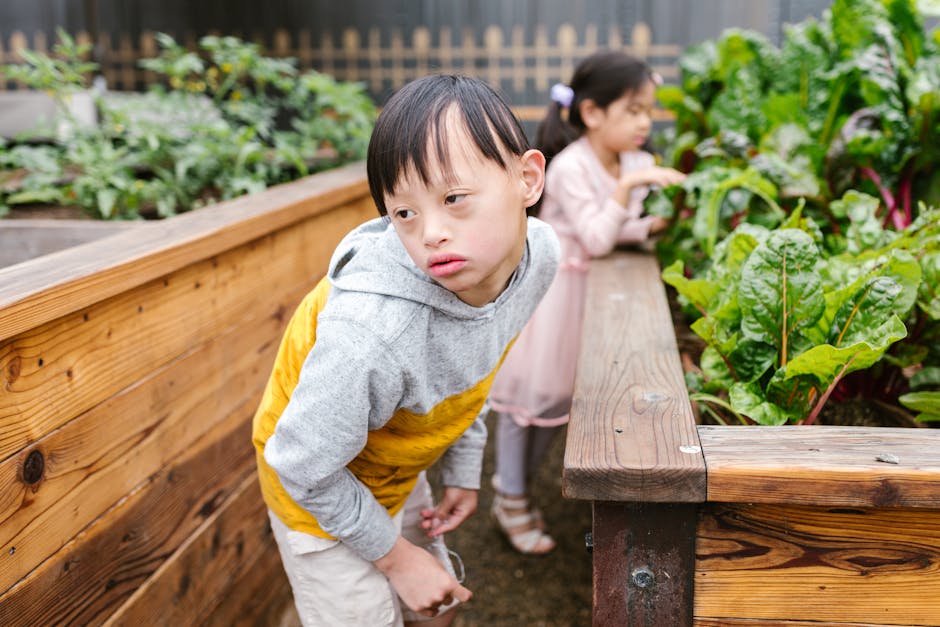Life, for families, is a continuous series of transitions. From the joyful arrival of a new baby to the bittersweet departure of a teenager, from a career change impacting daily routines to the unexpected illness of a loved one, major life changes can significantly impact the familial dynamic. Successfully navigating these shifts requires adaptability, open communication, and a shared understanding of the evolving needs within the family unit.
Understanding the Spectrum of Change
Major life changes encompass a vast array of experiences. These alterations can be anticipated, such as a child starting school or a move to a new city, or they can be unanticipated, like a job loss or a sudden health crisis. The nature of the change itself plays a crucial role in the family’s response. A planned event, like a move, might bring about a period of careful preparation, whereas a sudden, unforeseen event necessitates immediate action and adaptation. Regardless of the nature or timing, these changes often require a re-evaluation of existing family roles, routines, and support systems.
Essential Strategies for Thriving Through Transitions
Successfully navigating significant changes is not about avoiding hardship, but rather about equipping the family with the tools to weather storms and emerge stronger. A key component in this process is open and honest communication. Family members must feel comfortable expressing their concerns, anxieties, and emotions related to the transition. Active listening, empathy, and a willingness to understand different perspectives are crucial ingredients in these discussions.
Creating a Supportive Environment
A supportive environment is paramount during times of significant change. This entails acknowledging the unique challenges each family member faces. A parent struggling with a job loss might need different support than a teenager grappling with identity exploration during a move. Creating a space where each individual feels valued, understood, and heard is essential for navigating these periods of adjustment. Encouraging mutual support and collaboration within the family unit can greatly mitigate stress and foster resilience.
Re-evaluating Routines and Responsibilities
Transitions often demand a restructuring of family routines and responsibilities. A new child necessitates altered sleep schedules and childcare arrangements. A career change may require adjustments in household budgeting and work-life balance. Open discussions about how tasks and responsibilities will be managed can prevent resentment and foster a sense of shared responsibility. Flexibility and willingness to adapt are key elements in maintaining a functional family dynamic during periods of upheaval.
Seeking External Resources and Support
Families facing major life changes are not alone. Reaching out to external resources can provide invaluable support. Family therapists, support groups, and community organizations can offer guidance, coping strategies, and a sense of shared experience. These external supports can help families gain perspective, develop problem-solving skills, and access necessary resources during challenging times. Recognizing the need for outside assistance is a crucial step in maintaining well-being.
Navigating Common Challenges
Certain challenges are common themes in many families undergoing significant transitions. These include financial strain, disrupted routines, and the re-evaluation of roles and expectations. Developing a plan for managing finances, establishing new routines, and openly discussing the evolving roles of family members can help to mitigate these challenges. Furthermore, acknowledging the importance of self-care for all members of the family is essential. Finding ways to replenish emotional reserves is vital for maintaining resilience and successfully navigating these periods of change.
Building a Sense of Continuity During Disruption
Maintaining a sense of continuity amidst disruption is vital for the well-being of the family. This can involve preserving cherished traditions, creating new rituals, or focusing on positive aspects of the change. Establishing a consistent emotional anchor during periods of instability can provide a sense of comfort and security. This sense of continuity helps family members maintain a sense of identity and stability, even during times of significant transformation.
The Importance of Long-Term Perspective
While the immediate aftermath of a major life change can be daunting, fostering a long-term perspective is essential for families. Encouraging open conversations about the future, identifying potential obstacles, and planning for the longer-term implications of the change can create a more proactive approach to navigating transitions.
The Journey of Adaptability
Navigating major life changes in families is not a linear process. There will be challenges, setbacks, and moments of uncertainty. It’s important to acknowledge that these transitions are a part of life, and success lies in embracing the adaptability required to evolve as a family. By fostering open communication, cultivating support systems, and embracing the journey of change, families can emerge stronger and more resilient in the face of life’s inevitable transitions.
